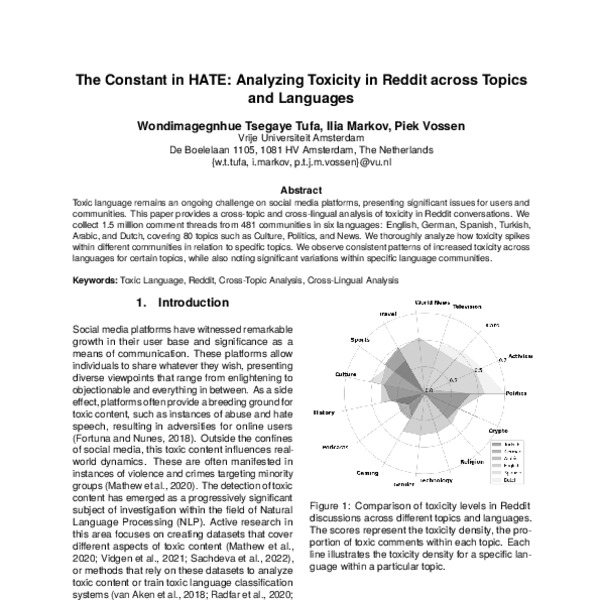The alarm certainly sounded long and loud in 2022 when Abbott recalled Similac, Alimentum, and EleCare powdered infant formulas after an FDA investigation found Cronobacter sakazakii in the powdered infant formulas.
Do not use recalled product produced at Abbott Nutrition’s Sturgis, MI, facility the FDA urged.
The largest supplier of infant formula in America withdrew its products from supermarket shelves nationwide. A suddenly very limited supply coupled with concern about the safety of what few products could still be found on supermarket shelves created consumer panic.
Consumer concern was compounded late last year when dozens of products were recalled after hundreds of confirmed cases of lead poisoning by children who ate certain brands of apple purée containing contaminated cinnamon, according to the FDA. The lead detected in those products was more than 2,000 times higher than the FDA’s maximum allowed limit.
In 2018, Consumer Reports tested 50 packaged baby and toddler foods for cadmium, mercury, arsenic, and lead and found all the products contained measurable amounts of at least one heavy metal, about two-thirds had “worrisome” levels and 15 posed a potential health risk if eaten only once a day. The magazine conducted follow-up tests five years later and found the overall risk hadn’t changed much. In 2024 their research team still found shocking levels of arsenic, cadmium, and lead in baby food made with rice, sweet potatoes, and carrots.
Healthy Babies Bright Futures, a non-profit “alliance of scientists, nonprofit organizations and donors working to create and support initiatives that measurably reduce exposures to neurotoxic chemicals” checked 168 baby foods in 2019 and found toxic metals in 95 percent of them. In 2022, the group tested homemade baby food. Sadly, the group discovered that 94 percent was contaminated with one or more of the four toxic heavy metals. Levels of heavy metals varied significantly by the type of food, not by how it was made.
Cronobacter? Arsenic? Lead? Cadmium? What’s Going On?
As far back as February 2021, the U.S. House Oversight and Reform Subcommittee on Economic and Consumer Policy released a 59-page report stating that some packaged baby foods contained “dangerous levels” of heavy metals. Yet, it took the Food and Drug Administration nearly four years to set maximum levels for lead in baby foods.
No level of lead is safe for infants and toddlers, according to the Centers for Disease and Prevention, the World Health Organization and the American Academy of Pediatrics.
Under the new FDA guidelines, baby food manufacturers should have no more than 10 parts per billion of lead in yogurts, custards, puddings, single-ingredient meats, processed fruits and vegetables, and mixtures of fruits, vegetables, grains and meat sold in jars, pouches, tubs or boxes.
“The guidance does not cover infant formula, beverages, or snack foods like puffs and teething biscuits,” the federal agency said.
Root vegetables such as carrots and sweet potatoes, which typically contain the highest levels of lead, and dry infant cereals are permitted to contain twice the level of those foods.
Are the FDA’s actions too little, too late?
The FDA’s final guidance estimated their suggested steps could reduce lead exposure from processed baby foods by about 20 percent to 30 percent.
Agreeing with the findings of Healthy Babies Bright Futures, Mindy Brashears, Director for the International Center for Food Industry Excellence at Texas Tech University, put her finger on an often overlooked “solution” that some parents think they’ve developed – “They think that If they make their own baby food, it

